Lavender
How to submit an article:
- Registered users can submit any published journal article that has a unique DOI (Digital Object Identifier) name or link to Research Hub.
- For example, you can paste the full DOI link:
https://doi.org/10.1109/5.771073or just the DOI name:10.1109/5.771073into the field above and click submit. - The person who is first to submit a valid article to Research Hub will forever be credited for it, and every article submission earns you +6 Research Points.
Related Topics
Published research studies are articles that present the findings of original research that has undergone a peer-review process and has been made publicly available in scholarly journals, books or other media.
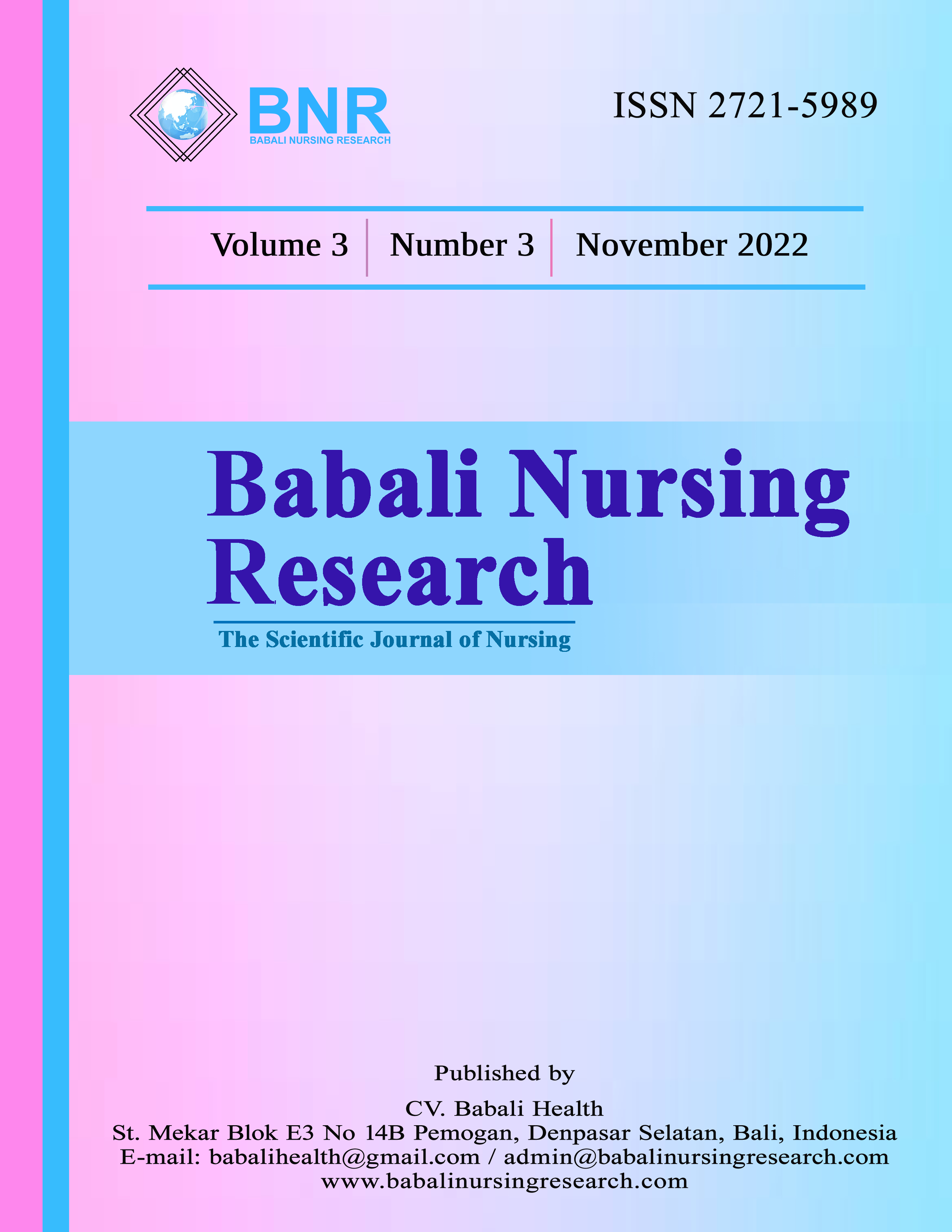
Midwifery Complementary Treatment with The Application of Oxytocin Massage Using Lavender Aromatherapy Oil on Breast Milk Production in Postpartum Mothers
2022 Nov 30 Babali Nursing Research Widiastuti NMR, Arini KN, Yuniati MG
Randomised Controlled Trial Postpartum Care OxytocinOxytocin massage using lavender aromatherapy oil can significantly boost breast milk production in postpartum mothers.

The effect of lavender on stress in individuals: A systematic review and meta-analysis
2022 Sep Complementary Therapies in Medicine Ghavami T, Kazeminia M, Rajati F
Systematic Review Meta-Analysis Stress LavenderMeta-analysis revealed that lavender, particularly L. angustifolia, significantly reduces stress, making it a potentially valuable component in stress management programs.

Determining the effect of inhalation and lavender essential oil massage therapy on the severity of perceived labor pain in primiparous women: A randomized controlled trial
2022 Aug Explore: The Journal of Science & Healing Karatopuk S, Yarıcı F
Randomised Controlled Trial LavenderInhalation and massage therapy with lavender essential oil significantly mitigates perceived labour pain in women.

Effectiveness of aromatherapy in reducing duration of labour: a systematic review
2022 Aug 18 Journal of Obstetrics and Gynaecology Ghiasi A, Bagheri L, Sharaflari F
Systematic Review Lavender Aromatherapy Labour InductionAromatherapy, specifically lavender, appears to be an effective, affordable, and holistic approach to reducing the length of labour in expectant women.

The effects of Lavender and Chamomile essential oil inhalation aromatherapy on depression, anxiety and stress in older community-dwelling people: A randomized controlled trial
2022 May Explore: The Journal of Science & Healing Ebrahimi H, Mardani A, Basirinezhad MH, Hamidzadeh A, Eskandari F
Randomised Controlled Trial Lavender Essential Oil Anxiety Stress DepressionInhalation aromatherapy using lavender and chamomile essential oils effectively reduces depression, anxiety, and stress levels in community-dwelling older adults.
Research insights are moderated by the Research Hub team and offer an at-a-glance overview of interesting research findings.

2022 Babali Nursing Research
Oxytocin massage using lavender aromatherapy oil can significantly boost breast milk production in postpartum mothers.
Randomised Controlled Trial Oxytocin Postpartum Care
Midwifery Complementary Treatment with The Application of Oxytocin Massage Using Lavender Aromatherapy Oil on Breast Milk Production in Postpartum Mothers
Widiastuti NMR, Arini KN, Yuniati MG

2022 Complementary Therapies in Medicine
Meta-analysis revealed that lavender, particularly L. angustifolia, significantly reduces stress, making it a potentially valuable component in stress management programs.
Systematic Review Stress
The effect of lavender on stress in individuals: A systematic review and meta-analysis
Ghavami T, Kazeminia M, Rajati F

2022 Journal of Obstetrics and Gynaecology
Aromatherapy, specifically lavender, appears to be an effective, affordable, and holistic approach to reducing the length of labour in expectant women.
Systematic Review Aromatherapy Labour Induction
Effectiveness of aromatherapy in reducing duration of labour: a systematic review
Ghiasi A, Bagheri L, Sharaflari F

2022 Explore: The Journal of Science & Healing
Inhalation and massage therapy with lavender essential oil significantly mitigates perceived labour pain in women.
Randomised Controlled Trial
Determining the effect of inhalation and lavender essential oil massage therapy on the severity of perceived labor pain in primiparous women: A randomized controlled trial
Karatopuk S, Yarıcı F

2022 Explore: The Journal of Science & Healing
Inhalation aromatherapy using lavender and chamomile essential oils effectively reduces depression, anxiety, and stress levels in community-dwelling older adults.
Randomised Controlled Trial Anxiety Depression Lavender Essential Oil Stress
The effects of Lavender and Chamomile essential oil inhalation aromatherapy on depression, anxiety and stress in older community-dwelling people: A randomized controlled trial
Ebrahimi H, Mardani A, Basirinezhad MH, Hamidzadeh A, Eskandari F
Review Articles
Review articles summarise and critically evaluate the current state of research on a specific topic or field by synthesising multiple primary research studies.

The effect of lavender on stress in individuals: A systematic review and meta-analysis
2022 Sep Complementary Therapies in Medicine Ghavami T, Kazeminia M, Rajati F
Systematic Review Meta-Analysis Stress LavenderMeta-analysis revealed that lavender, particularly L. angustifolia, significantly reduces stress, making it a potentially valuable component in stress management programs.

Effectiveness of aromatherapy in reducing duration of labour: a systematic review
2022 Aug 18 Journal of Obstetrics and Gynaecology Ghiasi A, Bagheri L, Sharaflari F
Systematic Review Lavender Aromatherapy Labour InductionAromatherapy, specifically lavender, appears to be an effective, affordable, and holistic approach to reducing the length of labour in expectant women.
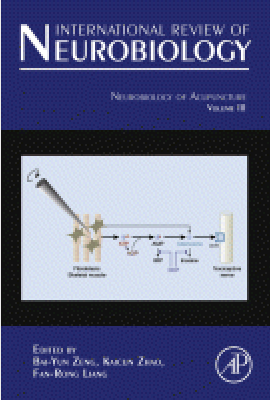
Nutraceutical and phytotherapeutic support in pregnancy
2022 Jan International Review of Neurobiology Dillard DM
In the chapter that follows, herbal supplements regularly used during pregnancy, including German and Roman chamomile, echinacea, garlic, ginger, lavender, lemon balm, mallow, marshmallow, the mints, psyllium, and witch hazel, are reviewed for available evidence.
Review Article Pregnancy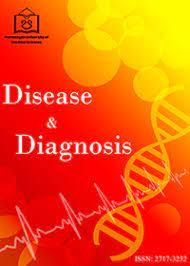
Effect of Aromatherapy with Lavender on Labor Pain: A Literature Review
2021 Sep 30 Disease and Diagnosis Hatami Rad R
Review Article Lavender Labour PainLavender aromatherapy, whether administered through massage or inhalation, appears effective in reducing active phase labor pain.

The Effect of Lavender (Lavandula stoechas L.) on Reducing Labor Pain: A Systematic Review and Meta-Analysis
2020 Nov 11 Evidence-Based Complementary and Alternative Medicine Kazeminia M, Abdi A, Vaisi-Raygani A, Jalali R, Shohaimi S, Daneshkhah A, et al.
Systematic Review Meta-Analysis LavenderLavender can decrease the severity of labor pain, which could influence health policy makers and gynecologists.
Clinical Trials
Clinical trials are research studies that involve people and are conducted to evaluate the safety and efficacy of new treatments or interventions, such as drugs, medical devices, or behavioural therapies.

Midwifery Complementary Treatment with The Application of Oxytocin Massage Using Lavender Aromatherapy Oil on Breast Milk Production in Postpartum Mothers
2022 Nov 30 Babali Nursing Research Widiastuti NMR, Arini KN, Yuniati MG
Randomised Controlled Trial Postpartum Care OxytocinOxytocin massage using lavender aromatherapy oil can significantly boost breast milk production in postpartum mothers.

Determining the effect of inhalation and lavender essential oil massage therapy on the severity of perceived labor pain in primiparous women: A randomized controlled trial
2022 Aug Explore: The Journal of Science & Healing Karatopuk S, Yarıcı F
Randomised Controlled Trial LavenderInhalation and massage therapy with lavender essential oil significantly mitigates perceived labour pain in women.

The effects of Lavender and Chamomile essential oil inhalation aromatherapy on depression, anxiety and stress in older community-dwelling people: A randomized controlled trial
2022 May Explore: The Journal of Science & Healing Ebrahimi H, Mardani A, Basirinezhad MH, Hamidzadeh A, Eskandari F
Randomised Controlled Trial Lavender Essential Oil Anxiety Stress DepressionInhalation aromatherapy using lavender and chamomile essential oils effectively reduces depression, anxiety, and stress levels in community-dwelling older adults.
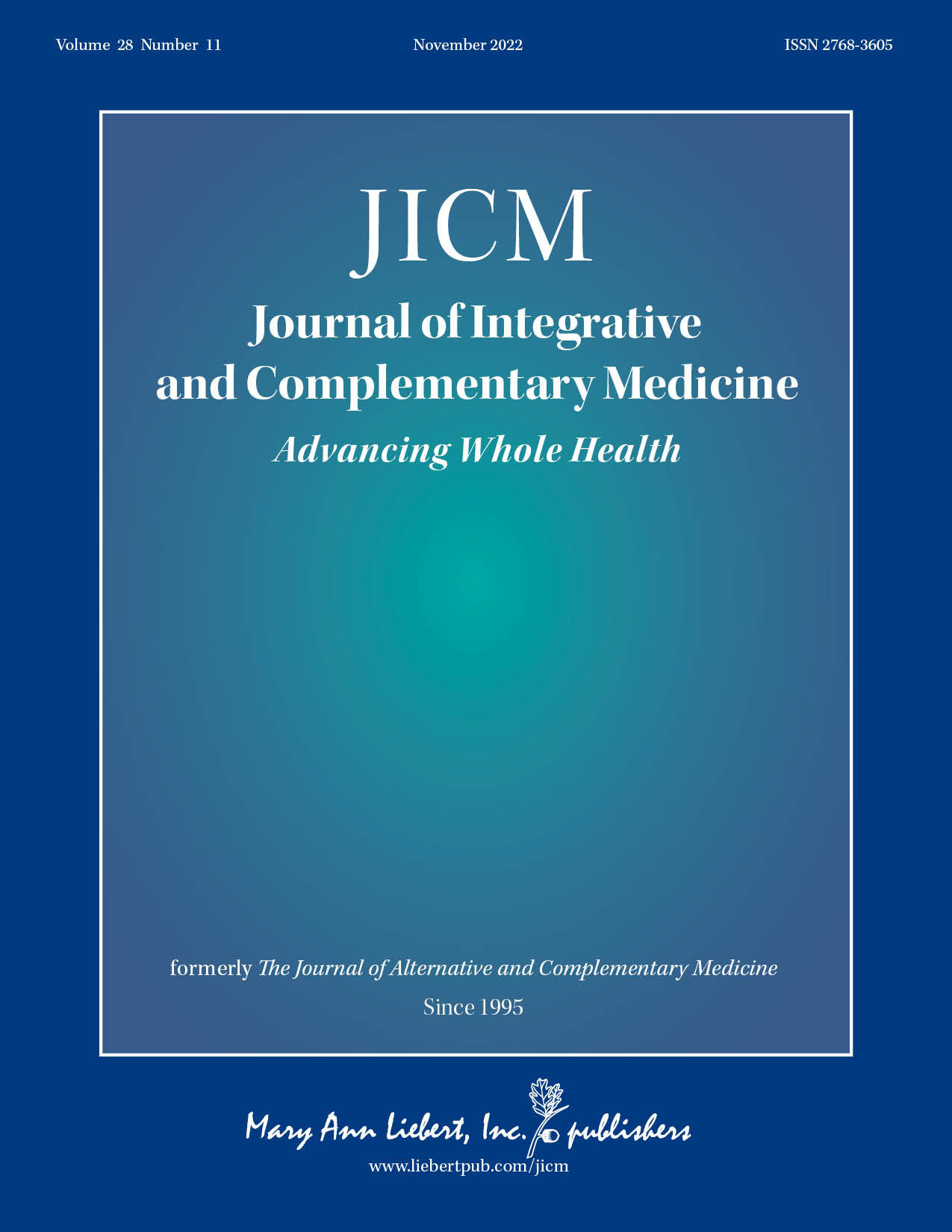
Efficacy of Auricular Acupuncture and Lavender Oil Aromatherapy in Reducing Preinterventional Anxiety in Cardiovascular Patients: A Randomized Single-Blind Placebo-Controlled Trial
2022 Jan 01 Journal of Integrative and Complementary Medicine Patsalis PC, Malik-Patsalis AB, Rauscher HG, Schaefers C, Useini D, Strauch JT, et al.
Combined auricular acupuncture and lavender oil aromatherapy can decrease preinterventional anxiety in cardiovascular patients and requires further investigation.
Randomised Controlled Trial
Lavender essential oil on postmenopausal women with insomnia: Double-blind randomized trial
2021 Jun Complementary Therapies in Medicine dos Reis Lucena L, dos Santos-Junior JG, Tufik S, Hachul H
Randomised Controlled Trial Lavender Sleep PostmenopausalLavandula angustifolia essential oil inhalation seemed to enhance overall sleep patterns, quality, and efficiency in postmenopausal women with insomnia.
Study Protocols
Published study protocols are detailed plans that outline the objectives, methodology, statistical analyses, and organisation of a research study that have been made publicly available for others to review and use as a reference.
Presentation Slides

Randomised Controlled Trial
Oxytocin massage using lavender aromatherapy oil can significantly boost breast milk production in postpartum mothers.
Widiastuti NMR, Arini KN, Yuniati MG

Systematic Review
Meta-analysis revealed that lavender, particularly L. angustifolia, significantly reduces stress, making it a potentially valuable component in stress management programs.
Ghavami T, Kazeminia M, Rajati F

Systematic Review
Aromatherapy, specifically lavender, appears to be an effective, affordable, and holistic approach to reducing the length of labour in expectant women.
Ghiasi A, Bagheri L, Sharaflari F

Randomised Controlled Trial
Inhalation and massage therapy with lavender essential oil significantly mitigates perceived labour pain in women.
Karatopuk S, Yarıcı F

Randomised Controlled Trial
Inhalation aromatherapy using lavender and chamomile essential oils effectively reduces depression, anxiety, and stress levels in community-dwelling older adults.
Ebrahimi H, Mardani A, Basirinezhad MH, Hamidzadeh A, Eskandari F
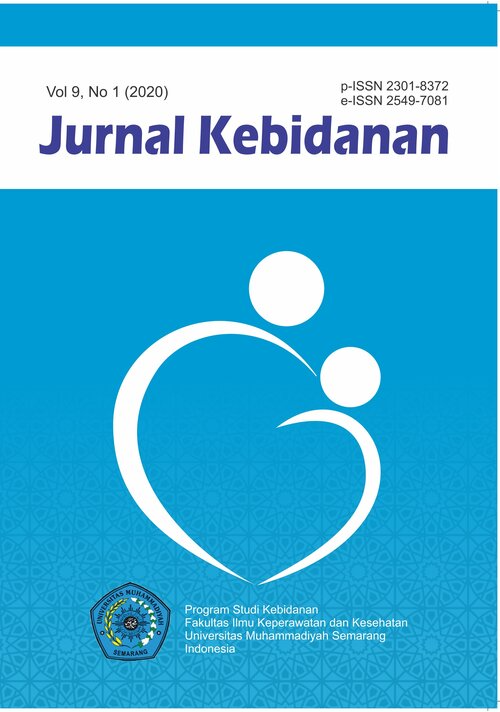
Clinical Study
Lavender aromatherapy is more effective in reducing pain intensity during active Phase I labor than lemon aromatherapy.
Lestari CI, Amilia R, Rospia ED

Review Article
Lavender aromatherapy, whether administered through massage or inhalation, appears effective in reducing active phase labor pain.
Hatami Rad R

Randomised Controlled Trial
Lavandula angustifolia essential oil inhalation seemed to enhance overall sleep patterns, quality, and efficiency in postmenopausal women with insomnia.
dos Reis Lucena L, dos Santos-Junior JG, Tufik S, Hachul H

Systematic Review
Lavender can decrease the severity of labor pain, which could influence health policy makers and gynecologists.
Kazeminia M, Abdi A, Vaisi-Raygani A, Jalali R, Shohaimi S, Daneshkhah A, Salari N, Mohammadi M
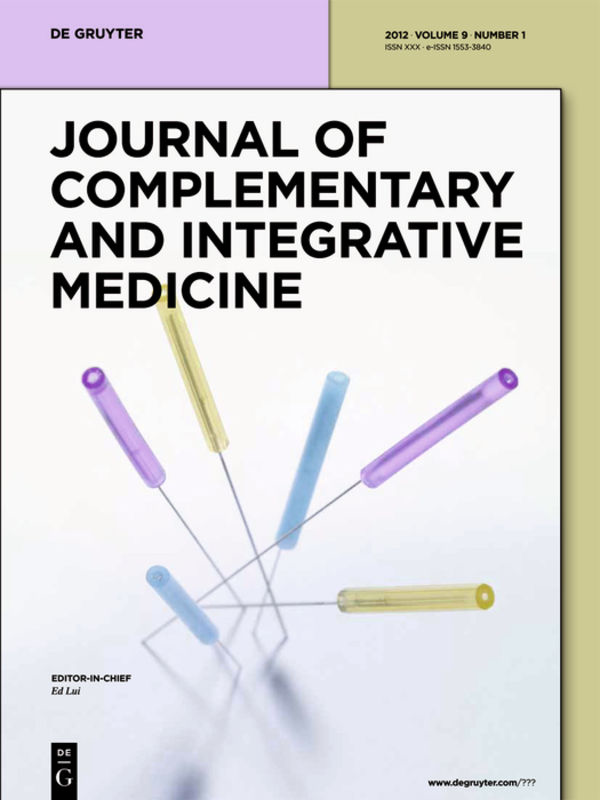
Randomised Controlled Trial
Inhalation aromatherapy using Damask rose and lavender essential oils can reduce anxiety and pain in women after they have had a cesarean section.
Abbasijahromi A, Hojati H, Nikooei S, Jahromi HK, Dowlatkhah HR, Zarean V, Farzaneh M, Kalavani A

Systematic Review
Lavender demonstrates significant benefits for pain relief and episiotomy wound healing in postpartum.
Abedian S, Abedi P, Jahanfar S, Iravani M, Zahedian M
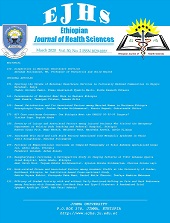
Systematic Review
Aromatherapy, specifically with lavender essential oil, can effectively alleviate maternal anxiety and labor pain.
Mahbubeh Tabatabaeichehr , Hamed Mortazavi
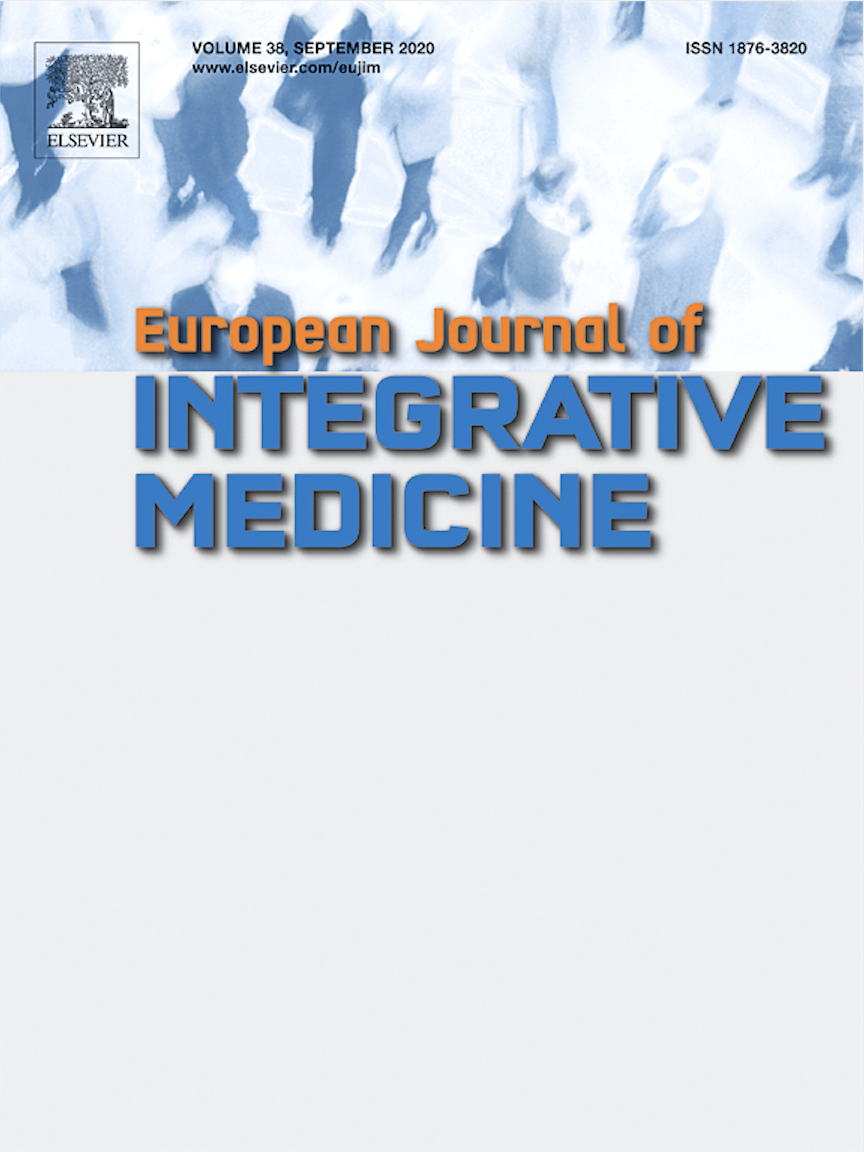
Randomised Controlled Trial
Intranasal application of essential oils such as lavender and fennel (Pinetonina™) significantly lowers cortisol levels and improves sleep quality.
Polonini H, Mesquita D, Lanine J, Dijkers E, Gkinis S, Raposo NRB, Brandão MAF, Ferreira AO
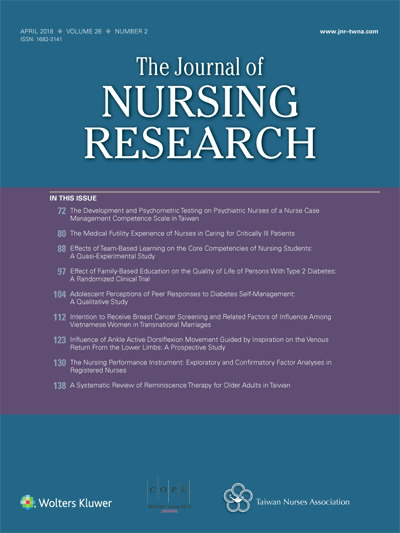
Systematic Review
Aromatherapy enhances physio-psychological well-being in postpartum women.
TSAI SS, WANG HH, CHOU FH
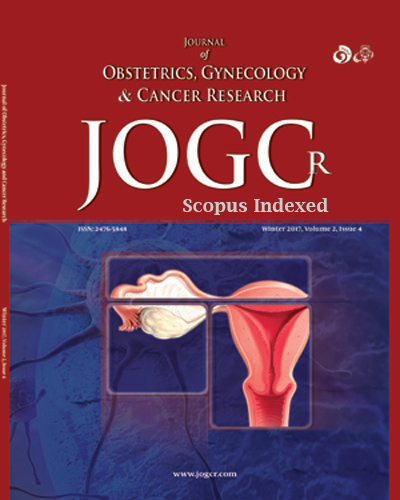
Systematic Review
Aromatherapy with lavender demonstrated effectiveness in reducing labor pain during childbirth.
Mirzaiinajmabadi K, Makvandi S, Mirteimoori M, Sadeghi R, , , ,
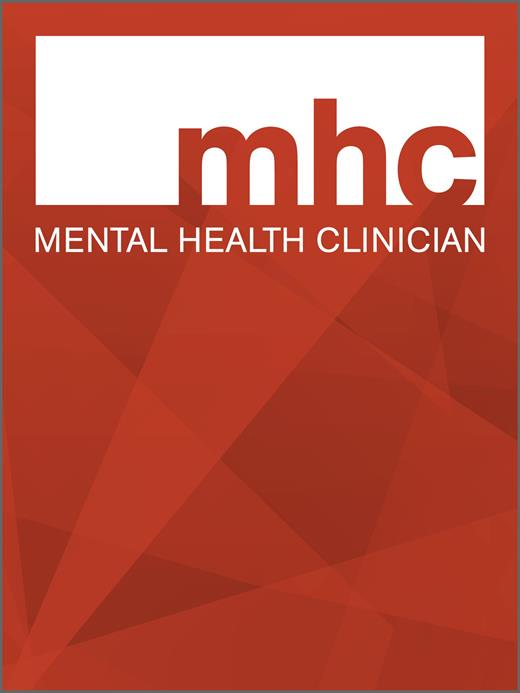
Experimental Study
Lavender essential oil, particularly its primary constituents linalool and linalyl acetate, may offer a beneficial anxiolytic effect through its interaction with certain neurological mechanisms.
Malcolm BJ, Tallian K
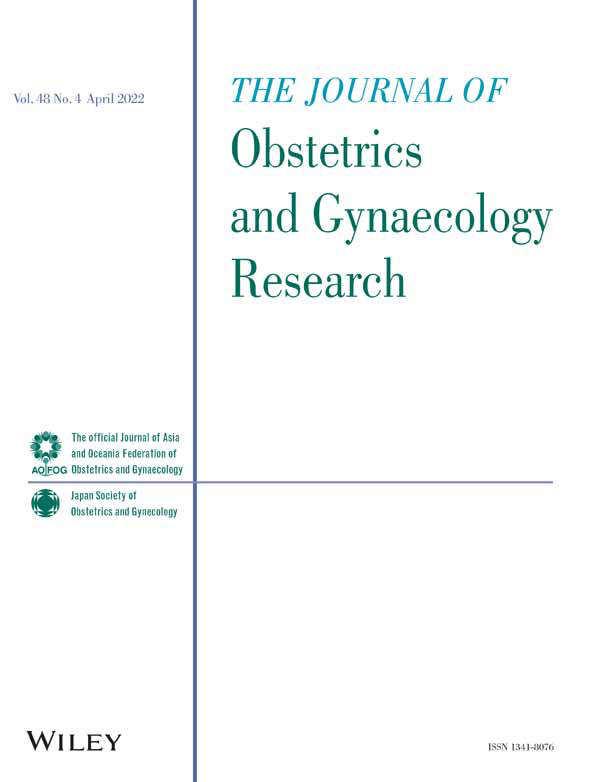
Randomised Controlled Trial
Blended essential oils, including lavender, sage, and marjoram, show potential in relieving menstrual cramps and reducing pain duration in women with primary dysmenorrhea.
Ou MC, Hsu TF, Lai AC, Lin YT, Lin CC
Executive Summary
Write an executive summary in the form of a blog article on the topic of "Research into Chinese medicine treatment for Lavender" summarising the research below and using language that can be easily understood by patients and avoiding medical jargon using a professional and caring tone of voice.
Write an executive summary in the form of a blog article on the topic of "Researched Chinese medicine treatments for Lavender" summarising the research below in an objective and easy to understand way, and using language that can be easily understood by patients. Group the article into Chinese medicine treatments first, followed by nutrition and other treatments. Avoid using medical jargon and use a professional and caring tone of voice.
Write me a concise but easy to understand executive summary on the topic of "Chinese medicine treatments for Lavender" based on the following research that I will give you. Your summary should be 2 paragraphs long in Australian English spelling and include references to the studies.
A Randomised Controlled Trial published in 2022 in the journal Babali Nursing Research found that Oxytocin massage using lavender aromatherapy oil can significantly boost breast milk production in postpartum mothers. In this study, a quasi-experimental design was employed which involved pre-testing and post-testing with a control group. The participant mothers were divided into two groups. The intervention group received oxytocin massages using lavender aromatherapy oil, beginning on the second postpartum day. Contrarily, the control group got breastfeeding assistance without the massage intervention. In both groups, breast milk production was evaluated on the sixth day through the usage of a breast pump. The collected results indicated a notable effect of oxytocin massage with the application of lavender aromatherapy oil on maternal milk production. It was hence surmised that this combined approach could effectively enhance breast milk production in women after giving birth.
A Systematic Review published in 2022 in the journal Complementary Therapies in Medicine found that Meta-analysis revealed that lavender, particularly L. angustifolia, significantly reduces stress, making it a potentially valuable component in stress management programs. Results found that lavender significantly reduced stress levels, with a decrease in the intervention group compared to the control group. Subgroup analysis revealed that L. angustifolia species, aromatherapy as a delivery method, and student populations showed the most significant stress reduction effects.
A Systematic Review published in 2022 in the journal Journal of Obstetrics and Gynaecology found that Aromatherapy, specifically lavender, appears to be an effective, affordable, and holistic approach to reducing the length of labour in expectant women. The research executed a systematic review of clinical trial studies regarding the use of aromatherapy in labour augmentation, sourced from diverse databases including Cochrane, Scopus, Web of Science, PubMed, ProQuest, Google scholar, Irandoc, Science direct, Magiran and Sid up until September 2021. 22 articles meeting the inclusion criteria were examined, with the reported experiences of 3234 women who employed a variety of aromatherapies forming the analysis base. In discussing the results, it was observed that certain aromatherapies notably lavender, showed efficacy in decreasing labour time for women. However, the paper emphasized the importance of prudent use of aromatherapy, most probably owing to the varying individual responses and potential for allergic reactions to such holistic interventions.
A Randomised Controlled Trial published in 2022 in the journal Explore: The Journal of Science & Healing found that Inhalation and massage therapy with lavender essential oil significantly mitigates perceived labour pain in women. The study was implemented using a random controlled trial on pregnant women divided into three groups – a control group, a group for lavender essence inhalation and a third group for lavender essence massage. After being divided into their respective groups, the first stage of labour was divided into three phases – early, active and transition – during which the interventions were applied. In the massage group, sacral compression and lower back massage were given, incorporating 2 drops of lavender oil in each labour phase. For the inhalation group, 2 drops of lavender oil were dripped onto the palms of the participants, who were then asked to inhale it for 3 minutes. Individual information was gathered through formats like the Personal Information Form, Visual Analogue Scale and Postpartum Assessment of Women Survey. The results showed that women who underwent inhalation and massage therapies with lavender essential oil experienced less severe labour pain as compared to the control group. It was also discovered that the lavender oil inhalation was notably beneficial during the latent phase of labour whilst massage therapy demonstrated greater effectiveness during the active and transition periods. Therefore, incorporating lavender oil via massage therapy and inhalation methods during labour and delivery is highly recommended as a supplementary method to manage labour pain.
A Randomised Controlled Trial published in 2022 in the journal Explore: The Journal of Science & Healing found that Inhalation aromatherapy using lavender and chamomile essential oils effectively reduces depression, anxiety, and stress levels in community-dwelling older adults. From a methodological perspective, the researchers adopted a three-armed, parallel, randomized, and controlled trial design. A total of 183 participants were enrolled in the study and were randomly divided into three groups: lavender, chamomile, and control group with equal numbers in each. The individuals in the experimental groups were given three drops of 1.5% lavender and chamomile essential oils to inhale for 30 consecutive nights, while the control group inhaled distilled water in the same manner. The Depression, Anxiety, and Stress-Scale (DASS) was utilized to collect data both prior to the intervention, directly following the intervention, and a month after the treatment. In terms of the results gathered, there was significant improvement in the depression, anxiety, and stress levels of individuals in the lavender and chamomile groups both immediately and one month after the treatment compared to the control group. This indicates that inhalation aromatherapy utilizing lavender and chamomile essential oils can be efficacious in reducing mental health issues among older adults residing in the community.
A Clinical Study published in 2022 in the journal Jurnal Kebidanan found that Lavender aromatherapy is more effective in reducing pain intensity during active Phase I labor than lemon aromatherapy. The methodology employed for this study was a quasi-experimental format utilizing a non-equivalent control group pretest and posttest design. The research was conducted in the City of Mataram with a total of 30 mothers, 15 of whom were given lavender aromatherapy and the remaining 15 given lemon aromatherapy. All participants were selected using a total sampling technique. The results showed a marked decrease in pain intensity for those mothers who were given lavender aromatherapy compared to those who received lemon aromatherapy, during the active phase I of labor. Despite both groups displaying a significant decline in discomfort according to the posttest data, the average decrease was more pronounced for the group that used lavender aromatherapy. This evidence advocates for the further exploration of lavender's potential uses in childbirth pain relief management.
A Review Article published in 2021 in the journal Disease and Diagnosis found that Lavender aromatherapy, whether administered through massage or inhalation, appears effective in reducing active phase labor pain. The researchers conducted their study by performing a detailed search using a number of specific keywords such as lavender, childbirth, labor, pregnancy, labor pain, aromatherapy, and delivery across multiple databases. These databases included MEDLINE/PubMed, Scopus, and Google Scholar. Using these keywords they extracted relevant data from the seven most reliable studies they found, two of which originated in Egypt and Indonesia, and remaining five in Iran. The chosen studies depicted a range of qualities, with some using massage aromatherapy, and others applying inhalation as their method of practice. In analyzing these studies, it was found that all of them indicated that lavender aromatherapy, regardless of whether it was applied via massage or inhalation, had the potential to lessen the pain felt during the active phase of labor. The studies provided basis for insightful consideration of the application of lavender aromatherapy as a viable method for managing labor pain.
A Randomised Controlled Trial published in 2021 in the journal Complementary Therapies in Medicine found that Lavandula angustifolia essential oil inhalation seemed to enhance overall sleep patterns, quality, and efficiency in postmenopausal women with insomnia. Methodology: 35 postmenopausal women, clinically diagnosed with insomnia, were recruited and divided into two groups - an Aroma Group and a Placebo Group - for a double-blind, randomized controlled trial. Over 29 days, participants in the Placebo Group inhaled sunflower oil, while participants in the Aroma Group inhaled lavender oil. Both groups were given sleep hygiene guidelines before embarking on the trial and received follow-up on a weekly basis. Evaluations were performed both pre- and post-intervention. Discussion of Results: No significant differences were noted between the two groups in terms of sleep quality. However, certain tendencies were observed. Aroma Group participants showed a noteworthy reduction in the time taken to fall asleep, depression levels and postmenopausal symptoms such as hot flashes. Moreover, polysomnography data showed increased sleep efficiency in comparison to initial levels. The improvement in sleep quality over time was observed in both groups, indicating that sleep hygiene instruction and weekly follow-ups played a significant role in influencing sleep patterns and quality.
A Systematic Review published in 2020 in the journal Evidence-Based Complementary and Alternative Medicine found that Lavender can decrease the severity of labor pain, which could influence health policy makers and gynecologists. This study conducted a meta-analysis of previously published literature on the effects of lavender on labor pain from 2006 to 2019. The researchers utilized a variety of both national and international databases to collate articles for their analysis. Due to the varied nature of the studies, a random effects model was employed for a standardized comparison of labor pain scores within the intervention and control groups. In the analysis, thirteen articles met the specific criteria needed for inclusion in the study. Upon examination, a significant difference was found in the mean pain scores between the control group and the group who had experienced the intervention of lavender. This suggests that lavender can potentially be effective in reducing the severity of labor pain.
A Randomised Controlled Trial published in 2020 in the journal Journal of Complementary and Integrative Medicine found that Inhalation aromatherapy using Damask rose and lavender essential oils can reduce anxiety and pain in women after they have had a cesarean section. This study was a randomized clinical trial involving 90 mothers who had cesarean sections at a hospital in Jahrom, Iran, in 2017. Prior to intervention, the incidences and severities of pain and anxiety were measured for all participants. The two intervention groups underwent aromatherapy with Damask rose and lavender essential oils. The participants were given cotton balls stained with three drops of these essential oils to inhale from a distance of 10cm for 30 minutes. The control group went through similar procedure but with normal saline. Pain and anxiety levels were assessed using established scales 5 minutes after the specified process. Following the interventions, the two aromatherapy groups experienced significantly different pain and anxiety levels compared to the control group. The results showed no tangible difference between the pain and anxiety levels of those who inhaled lavender oil and those who inhaled Damask rose oil.
A Systematic Review published in 2020 in the journal Complementary Therapies in Medicine found that Lavender demonstrates significant benefits for pain relief and episiotomy wound healing in postpartum. This systematic review, conducted in accordance with PRISMA guidelines and registered in PROSPERO, analyzed six studies after screening 57 potentially relevant ones. Lavender was found to significantly reduce pain and accelerate healing of episiotomy wounds. Perineal pain, often stemming from perineal trauma like episiotomies, can impede mobility and daily activities for postpartum mothers. The study suggests routine Lavender use post-delivery for potential benefits, but acknowledges the need for further research due to observed heterogeneity in results. It emphasizes caution in interpreting Lavender's effects on episiotomy healing.
A Systematic Review published in 2020 in the journal Ethiopian Journal of Health Sciences found that Aromatherapy, specifically with lavender essential oil, can effectively alleviate maternal anxiety and labor pain. The methodology involved a systematic review of five databases - PubMed, SCOPUS, Web of Science, Google Scholar and Scientific Information Database - for studies on the use of aromatherapy for pain and anxiety management during labor. Search keywords included variations of aromatherapy, essential oil, aroma, pain, anxiety, labor, and delivery. The quality, bias, and reliability of the identified studies were assessed using the Cochrane Collaboration's 'Risk of bias' protocol. 33 studies met the inclusion criteria, with various methods of aromatherapy application utilized, such as inhalation, massage, footbaths, birthing pools, acupressure, and compresses. The most commonly used essential oil was lavender, used individually or mixed with other essential oils. These studies, predominantly conducted in Iran, formed the basis for our analysis and provided evidence to assess the positive impact of aromatherapy on labor pain and anxiety.
A Randomised Controlled Trial published in 2020 in the journal European Journal of Integrative Medicine found that Intranasal application of essential oils such as lavender and fennel (Pinetonina™) significantly lowers cortisol levels and improves sleep quality. The study included 45 participants divided into three groups: one group received a saline nasal spray (Group 1 CTRL), the second group received a 30% concentration of Pinetonina™ in a buffered vehicle as an intranasal spray (Group 2 P30), and the third group received a 50% concentration of the same (Group 3 P50). The sprays were used once daily before bedtime for three months. The study measured salivary cortisol levels both at the beginning and end of the trial and assessed subjects' quality of sleep, anxiety levels, perceived stress, and overall quality of life using self-reported questionnaires. The study found that the groups using the 30% and 50% Pinetonina™ solutions saw significant reductions in their cortisol levels after the three-month period. The subjects in the 50% Pinetonina™ group also reported a notable improvement in their quality of sleep. However, there were no significant differences among the groups' perceived stress levels and their overall quality of life. Nevertheless, the study concluded that nightly intranasal use of Pinetonina™ could effectively lower cortisol levels and enhance sleep quality.
A Systematic Review published in 2019 in the journal Journal of Nursing Research found that Aromatherapy enhances physio-psychological well-being in postpartum women. This systematic review encompassed 15 studies conducted in Iran, England, and the United States, involving 2,131 postpartum participants. The research focused on evaluating aromatherapy's effects on various aspects of postpartum health. Aromatherapy interventions, primarily utilizing lavender and citrus aurantium essential oils, demonstrated positive outcomes. These included relief from nipple fissure pain, improved episiotomy recovery, reduced pain and nausea after cesarean section delivery, and enhanced sleep quality. Additionally, aromatherapy showed potential in positively influencing psychological health, particularly in reducing anxiety. Lavender oil emerged as the most impactful essential oil. While promising, further comprehensive studies are needed to establish aromatherapy as a validated therapy for postpartum women.
A Systematic Review published in 2018 in the journal Journal of Obstetrics, Gynecology and Cancer Research found that Aromatherapy with lavender demonstrated effectiveness in reducing labor pain during childbirth. In the methodology for this systematic review and meta-analysis, researchers independently conducted searches across international databases such as MEDLINE/PubMed, Cochrane Library, Cochrane Central Register of Controlled Trials, and Scopus. The search utilized specific symbols and terms to locate relevant randomized clinical trials. Data was then statistically analyzed using Comprehensive Meta-analysis (CMA) software. In the discussion of results, a total of 244 primary studies were initially found, and ultimately 5 studies, which included 541 participants, were analyzed in the review. It was found that aromatherapy with lavender reduced labor pain in the active phase of childbirth. Overall, the clinical trials were of moderate quality and combinatory. Importantly, the use of lavender in aromatherapy led to a notable difference in labor pain between the aromatherapy groups and control groups. This finding suggests the potential of lavender aromatherapy as a useful tool for pain relief during labor.
A Experimental Study published in 2017 in the journal Mental Health Clinician found that Lavender essential oil, particularly its primary constituents linalool and linalyl acetate, may offer a beneficial anxiolytic effect through its interaction with certain neurological mechanisms. The methodology used in this research involved studying lavender essential oil as an option in aromatherapy for anxiety disorders. This focused on the variability in the constituents, specifically the two primary terpenoid components, linalool and linalyl acetate. In order to comprehend the anxiolytic effect of these constituents, their interaction with neurological mechanisms such as voltage-gated calcium channels, reduction of 5HT1 receptor activity and the parasympathetic tone were studied. The obtained results revealed that lavender essential oil has notable potential in treating anxiety disorders due to its interaction with certain neurological mechanisms. This potential anxiolytic effect stems primarily from its two key components, linalool and linalyl acetate. The level of efficacy currently recommended is not yet approved by the Food and Drug Administration, but promises a possible future pathway for a novel treatment, given the limitations of existing pharmacotherapy for anxiety disorders. The current safety profile of lavender oil presented within this study supports these findings.
A Randomised Controlled Trial published in 2012 in the journal Journal of Obstetrics and Gynaecology Research found that Blended essential oils, including lavender, sage, and marjoram, show potential in relieving menstrual cramps and reducing pain duration in women with primary dysmenorrhea. For the methodology, the researchers conducted a randomized, double-blind clinical trial involving 48 outpatients suffering from primary dysmenorrhea. These patients’ discomfort was rated above five on a 10-point numeric scale. Participants were divided evenly into two groups: one was treated with a cream blending lavender, clary sage, and marjoram essential oils, while the other received a synthetic fragrance. All participants massaged the cream onto their lower abdomen daily, from the end of one menstrual cycle to the start of the next. In the discussion of results, it was found that the treatment provided relief and decreased pain duration for patients in the essential oils group following a single menstrual cycle. Among the blended oils, four key analgesic components—linalyl acetate, linalool, eucalyptol, and β-caryophyllene—were principally credited for pain reduction, constituting up to 79.29% of the blend. Thus, these findings propose that this mixed formula might be a valid alternative and complementary medicine approach for primary dysmenorrhea.
Moderation Tools
Topic
Sign In
Users not signed in are limited to viewing the 5 most recent items of content.